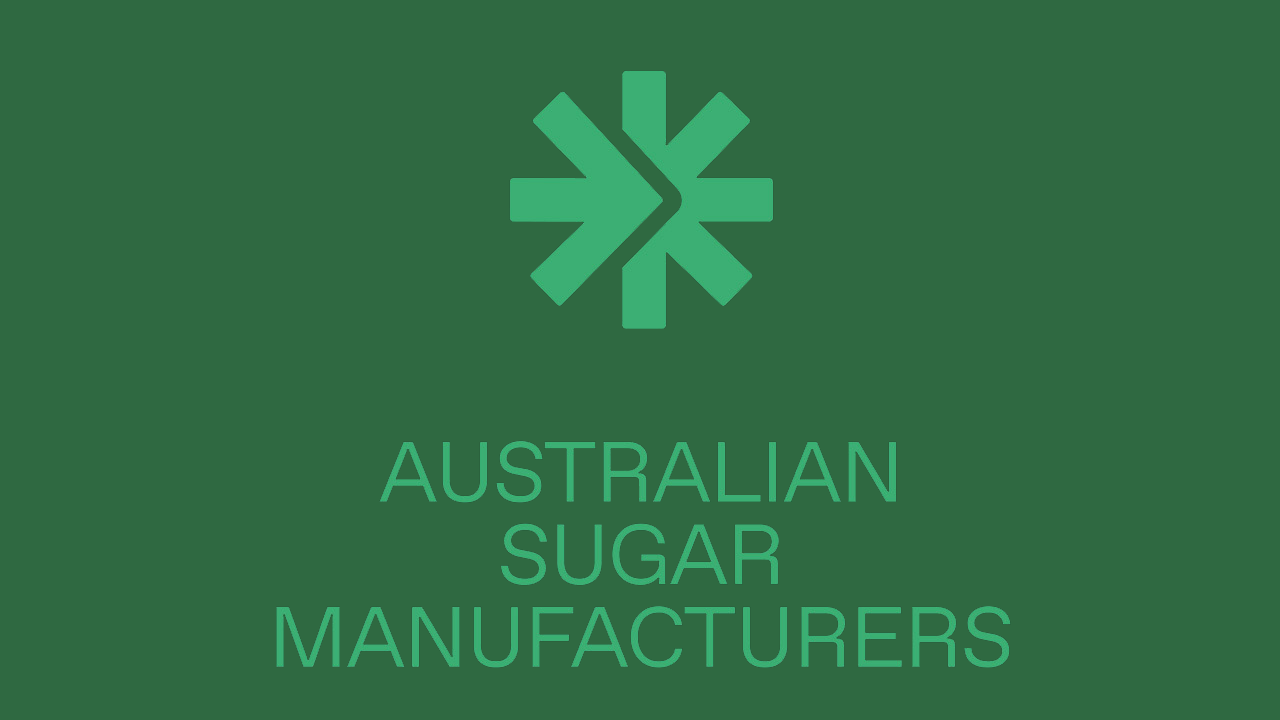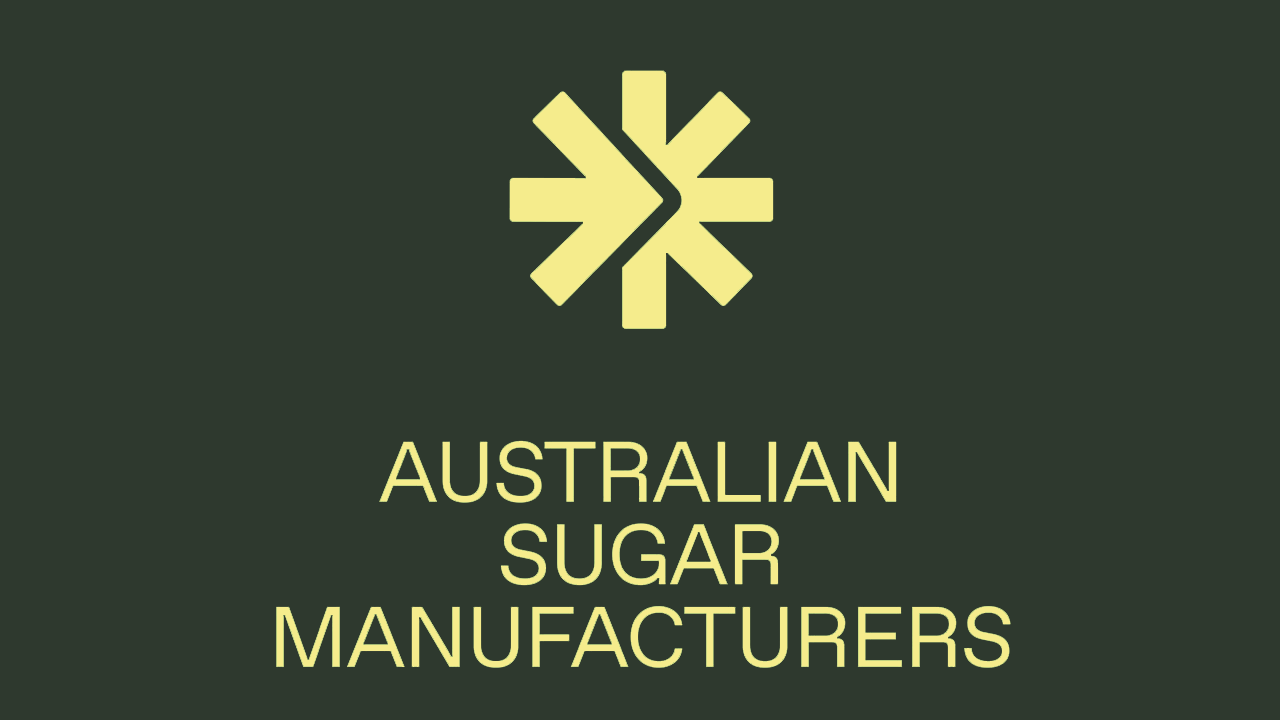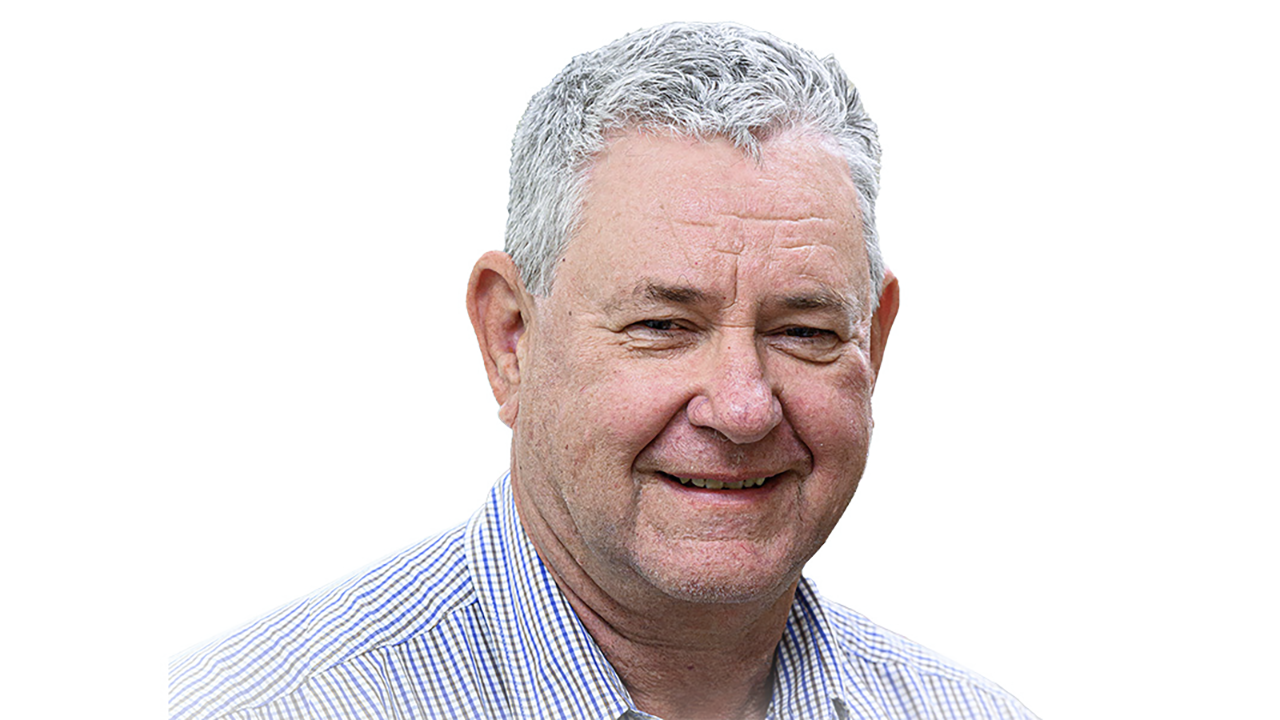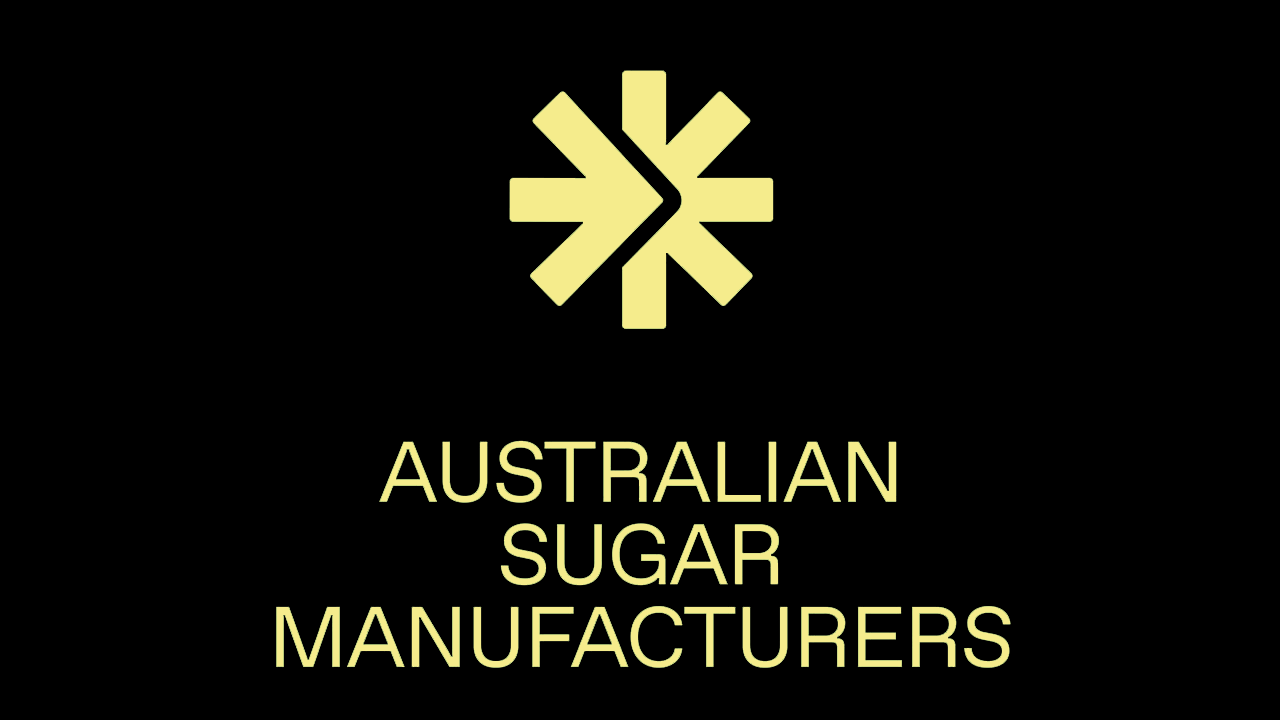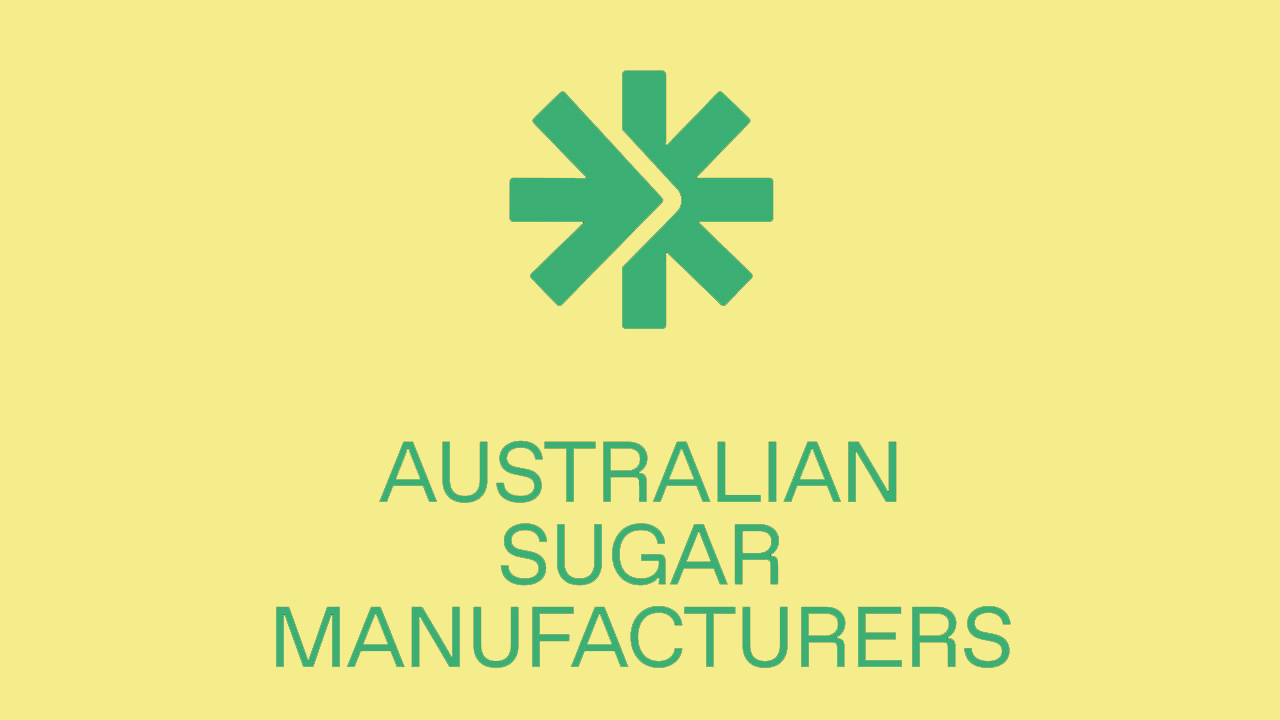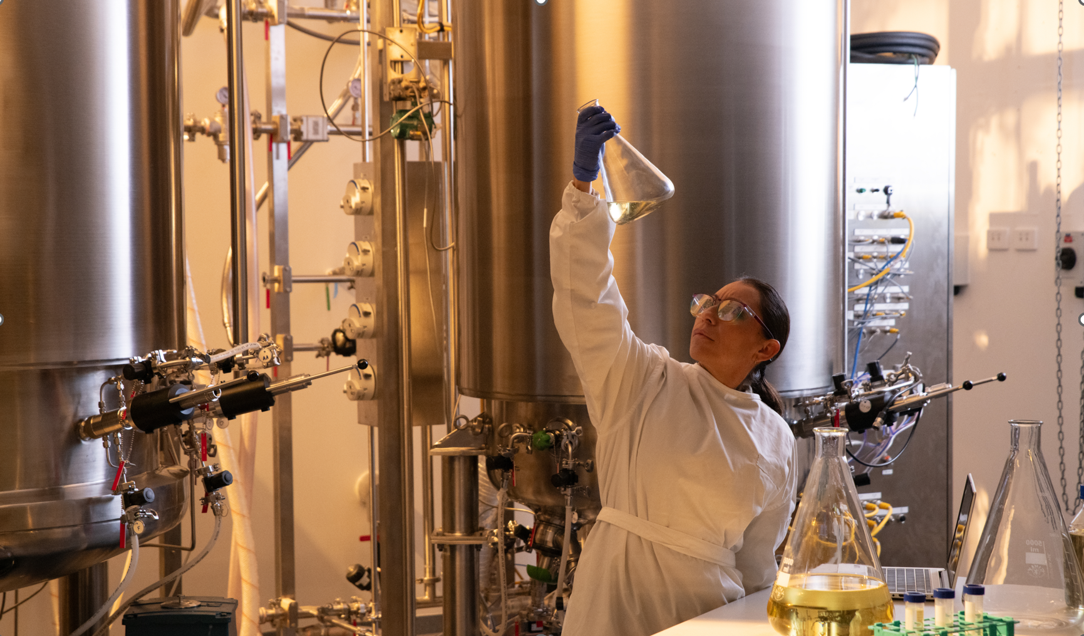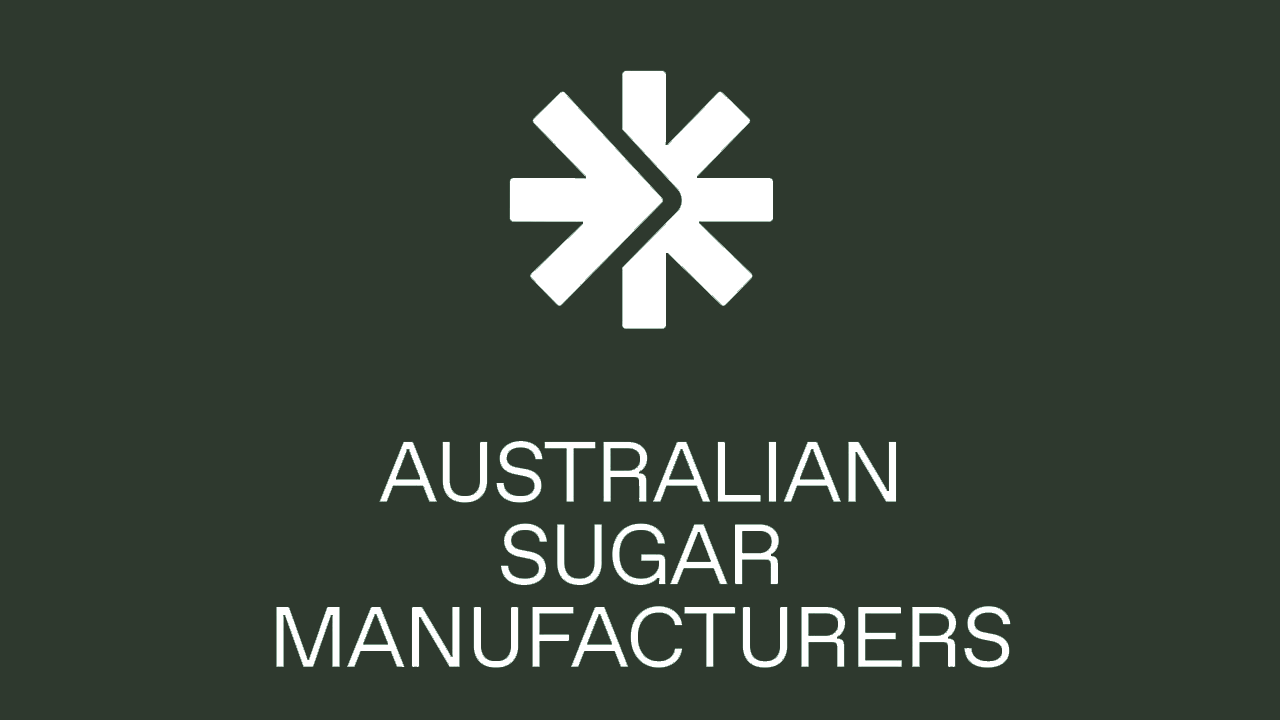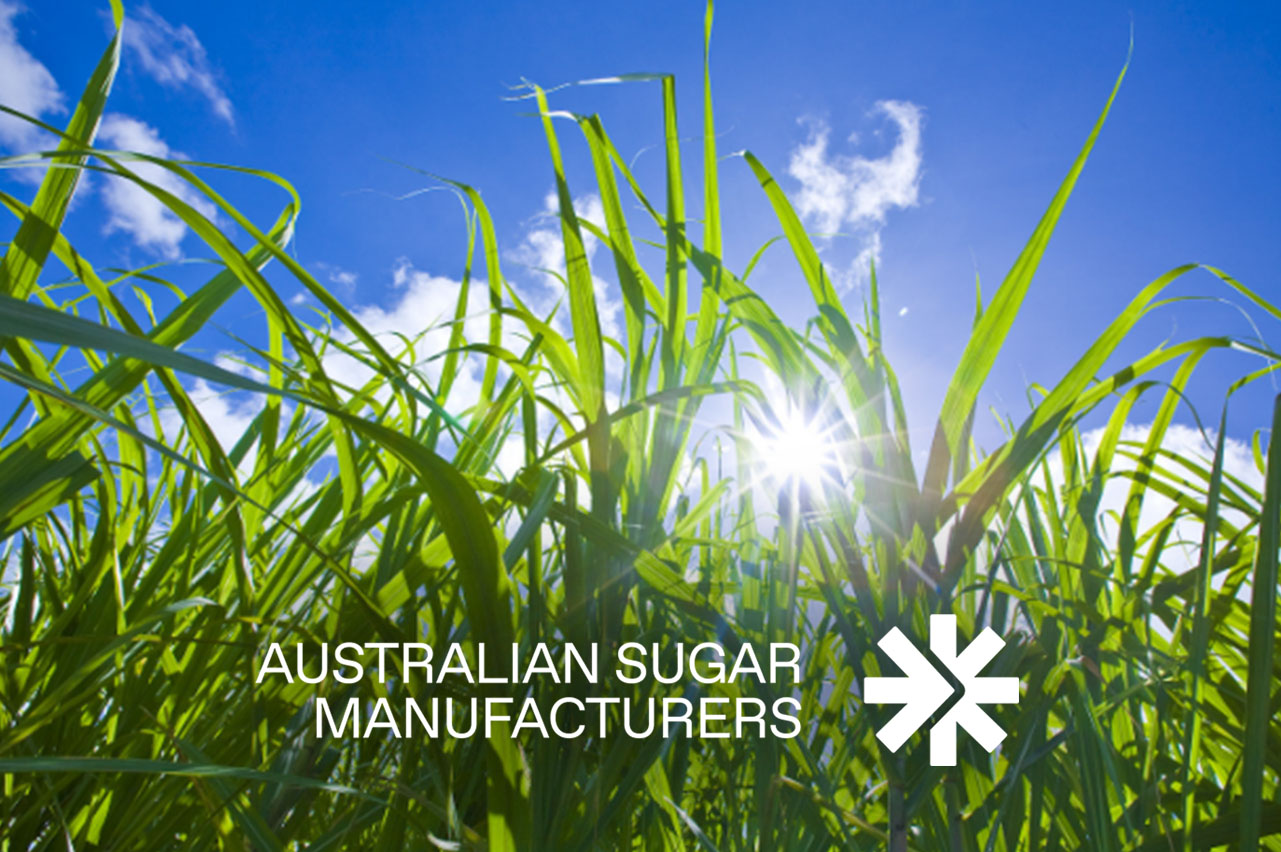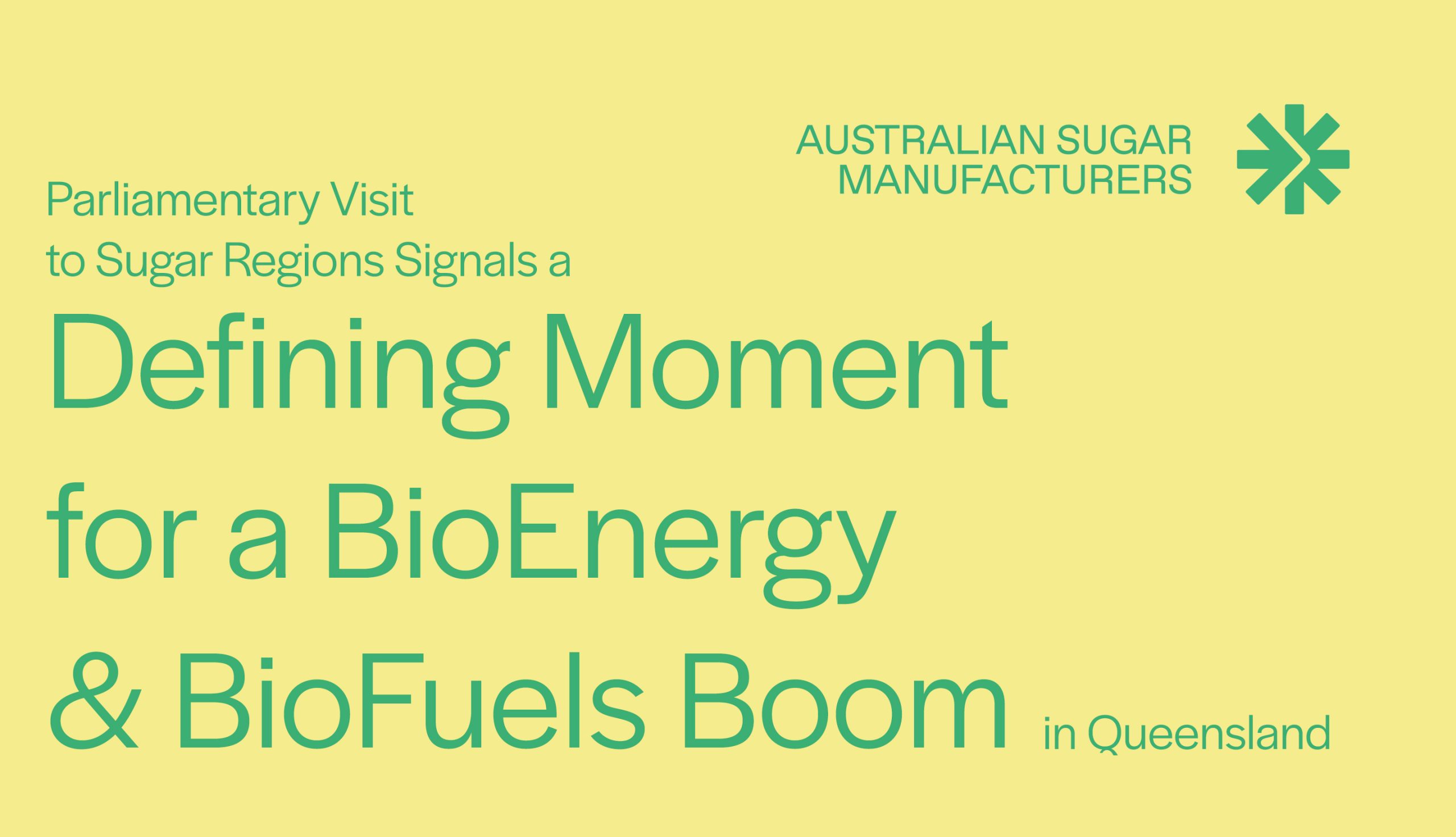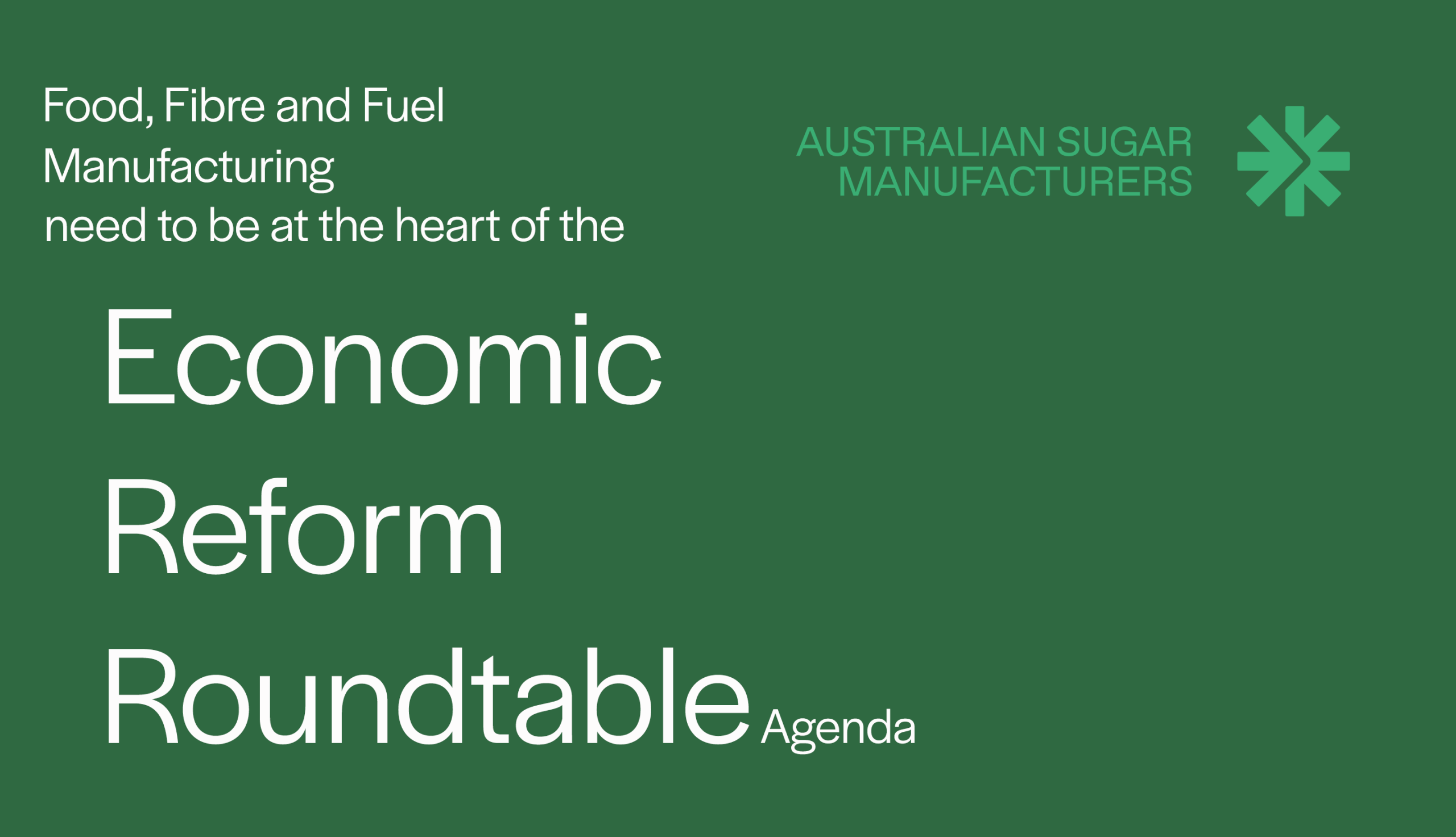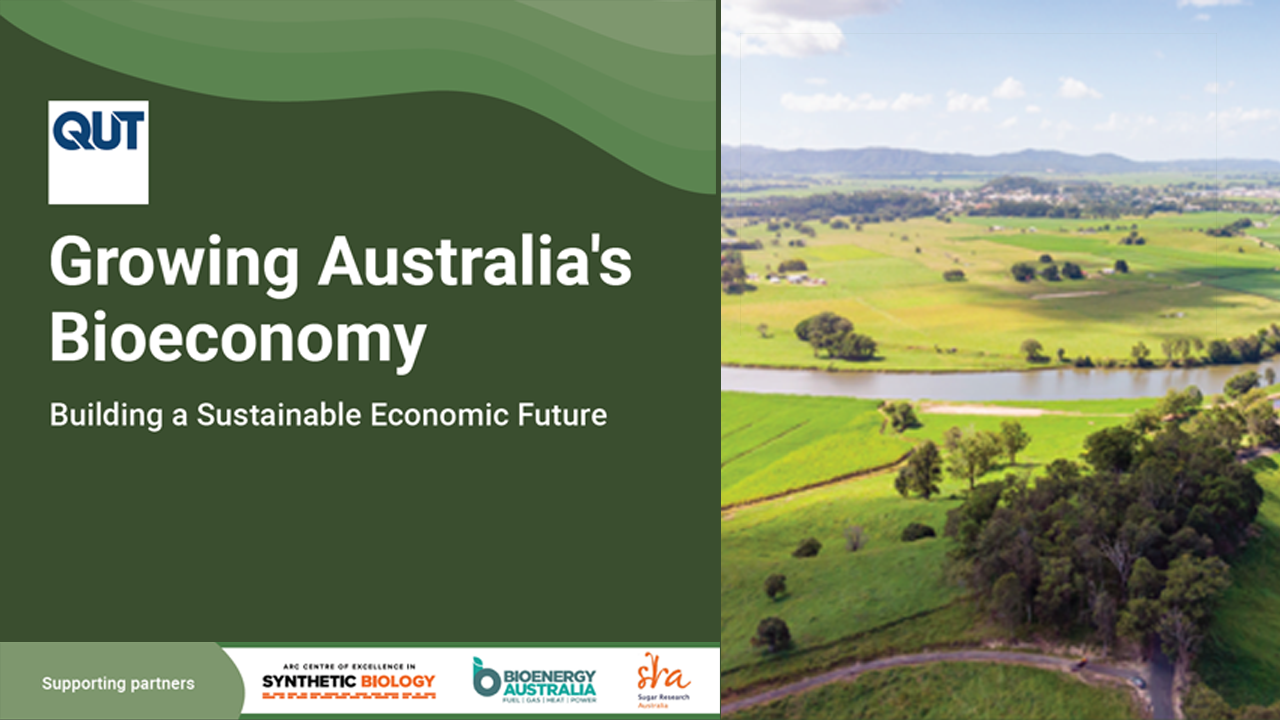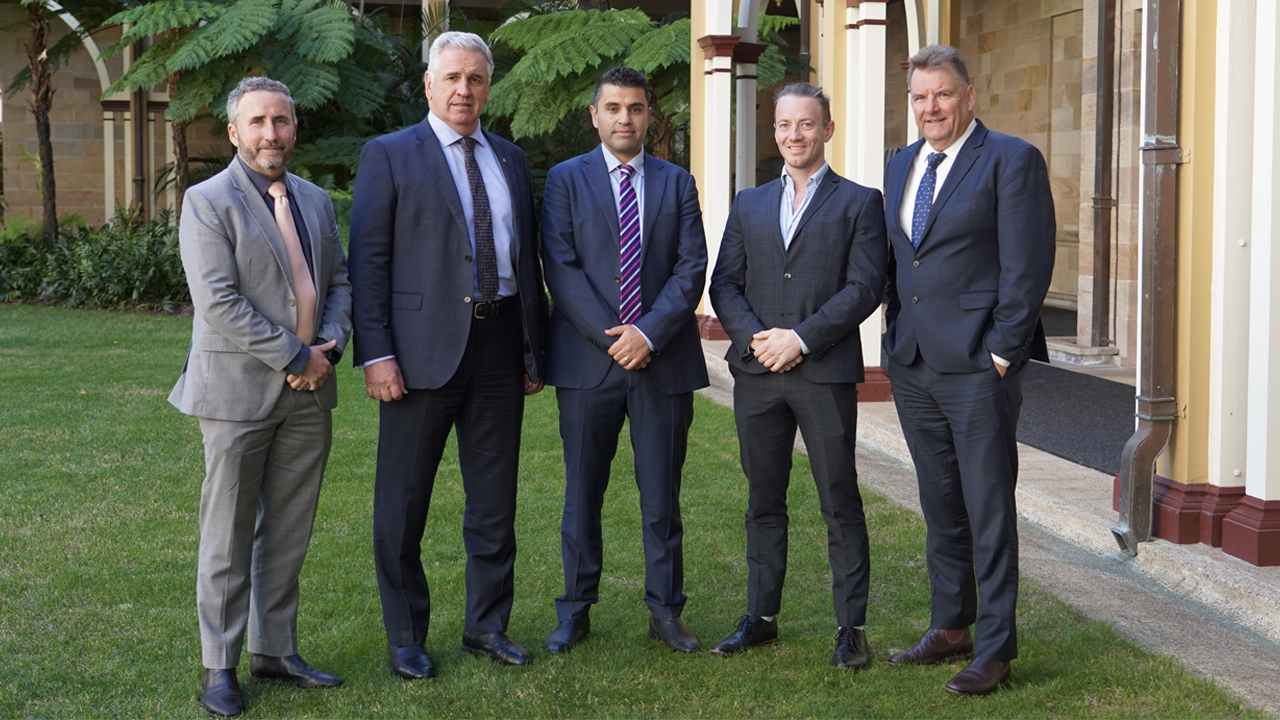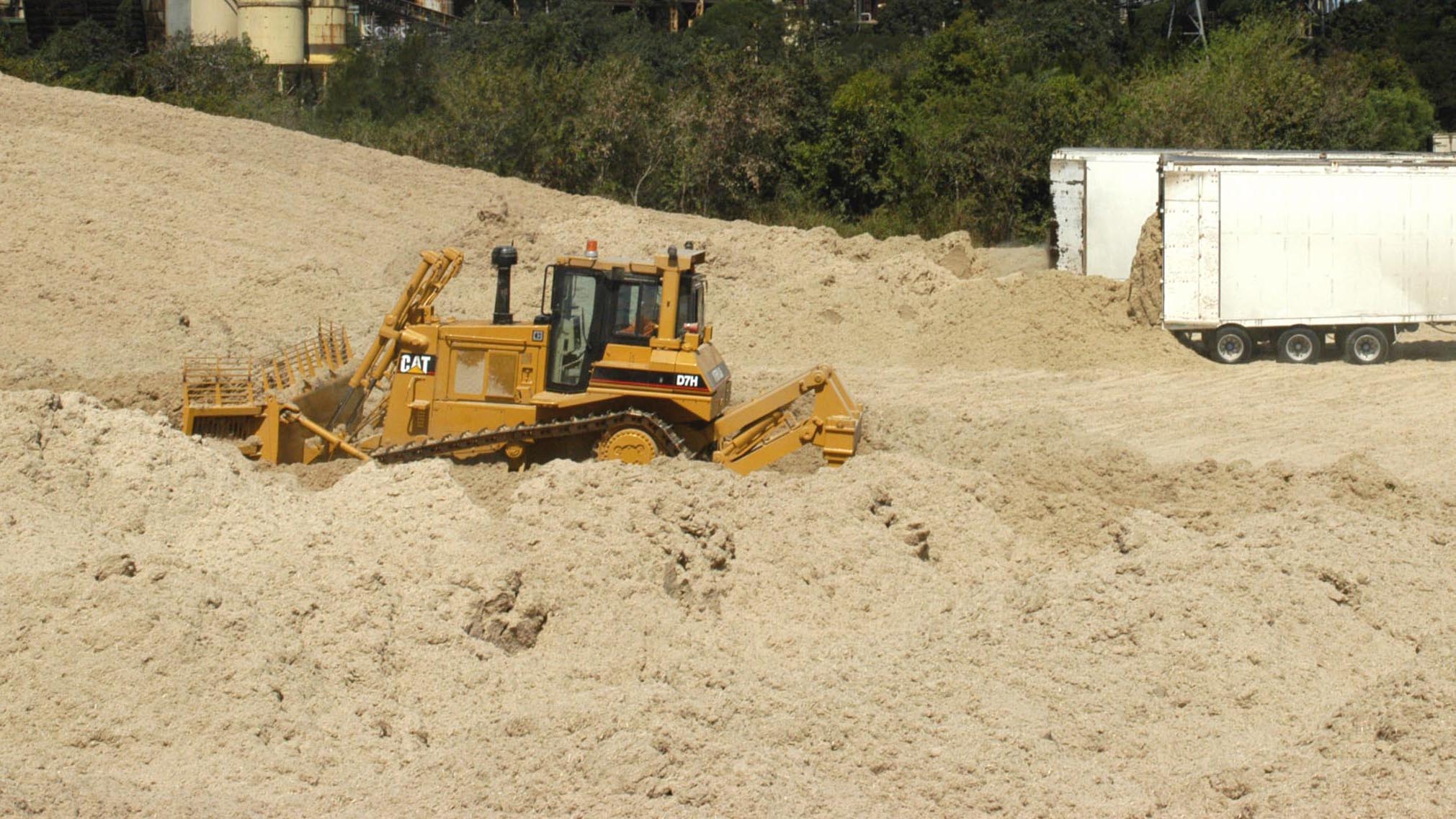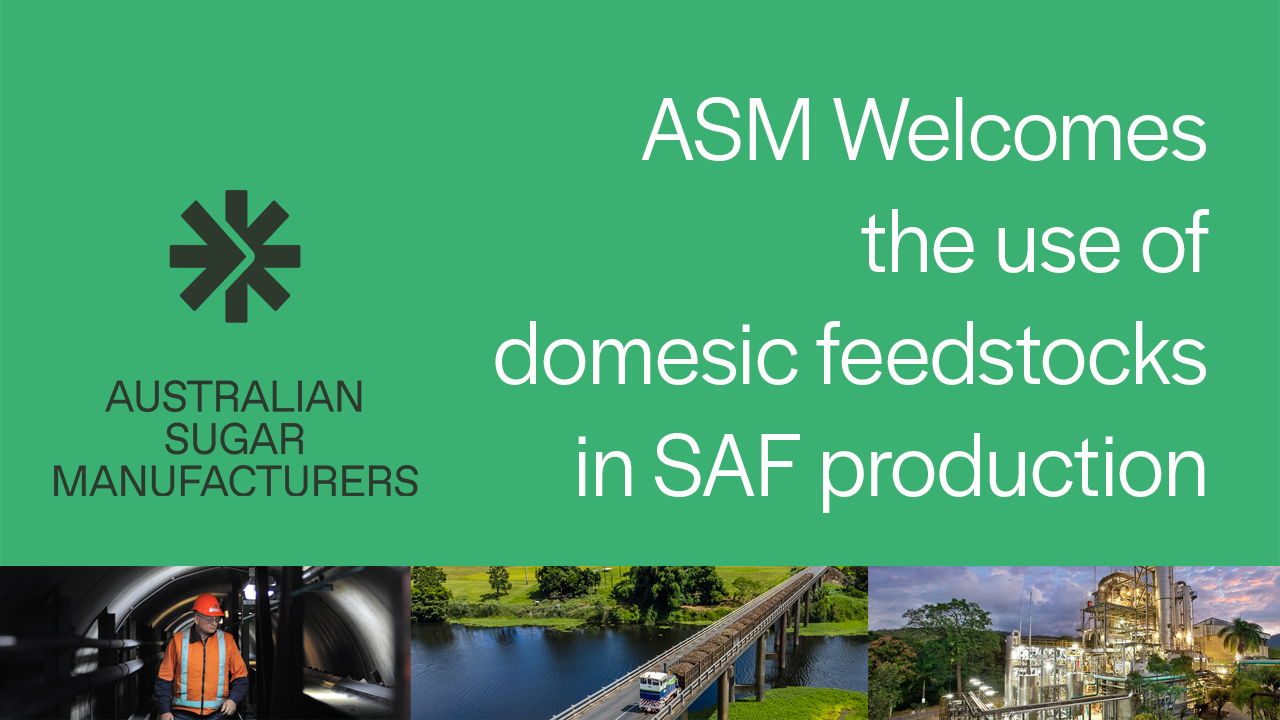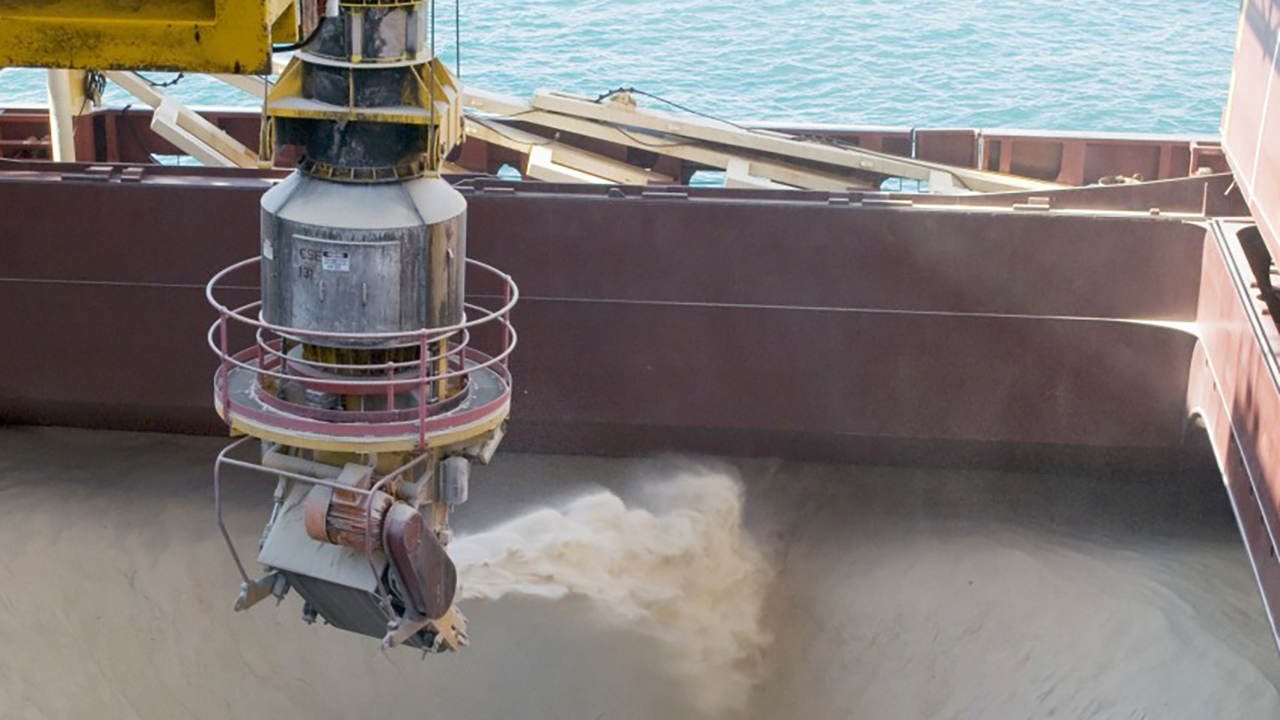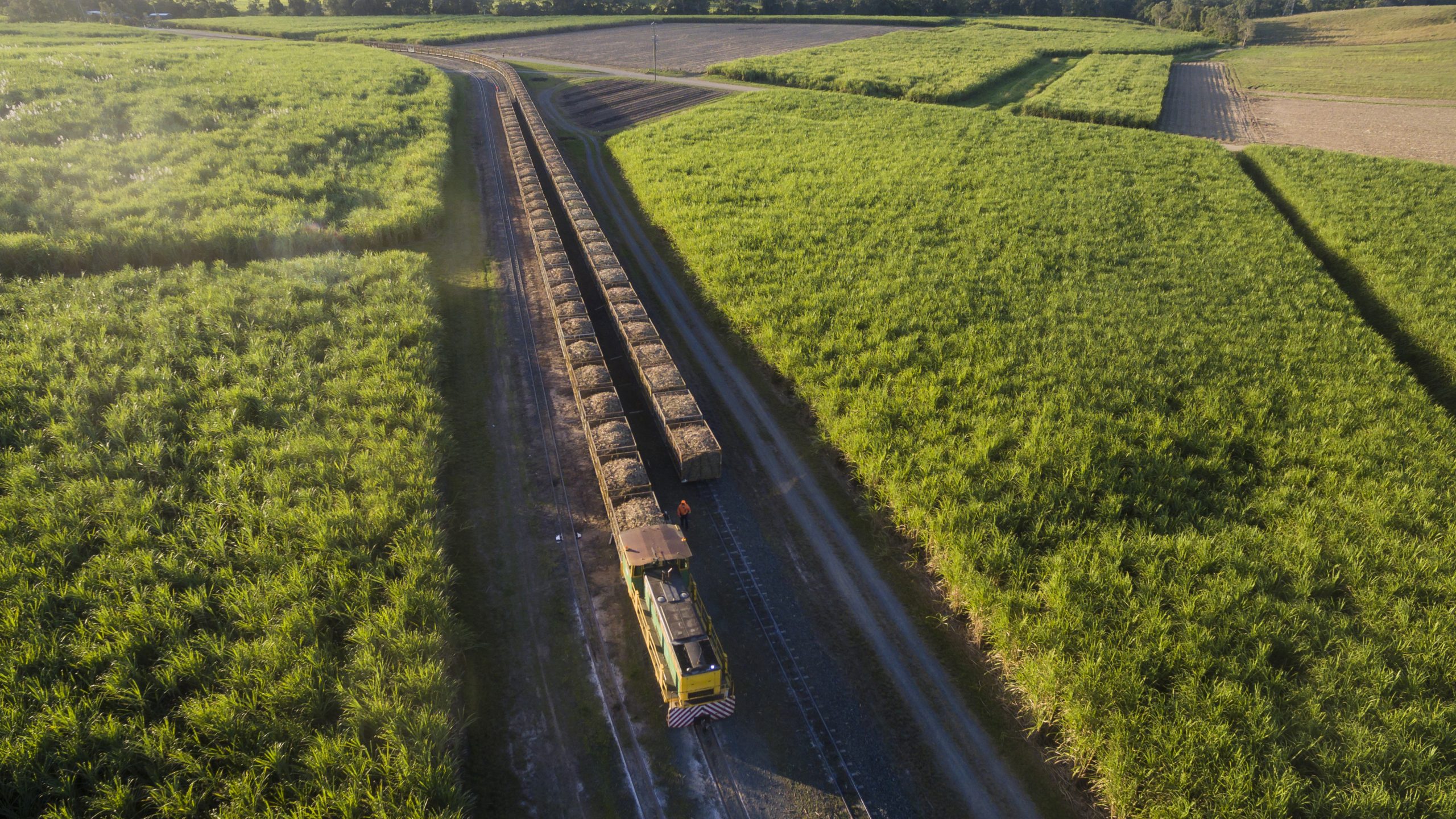Today, sugar industry leaders, regional Queensland representatives and businesses will converge on the Queensland Parliament to put forward a bold vision to supercharge regional economies through sugar-derived bioenergy, biofuels and biomanufacturing.
Appearing today at the Brisbane hearing for the Queensland Parliamentary Inquiry into Sugarcane Bioenergy Opportunities, the Australian Sugar Manufacturers have noted the importance of the bioeconomy to not only create new regional jobs but to underpin the long-term viability of the sugar industry.
“The sugar industry can supply over 30% of Australia’s domestic aviation fuel needs using sugar-derived biofuels, provide affordable biogas to regional manufacturers, and replace coal to make steel production green with renewable pellets made from sugar byproducts”, said Mr. Ash Salardini, CEO of the ASM.
“This agenda will create thousands of new jobs in places like Bundaberg, Mackay, Townsville and Cairns, and will attract more manufacturing businesses to regional Queensland through access to affordable energy and secure the long-term viability of the sugar industry that already supports 20,000 jobs”.
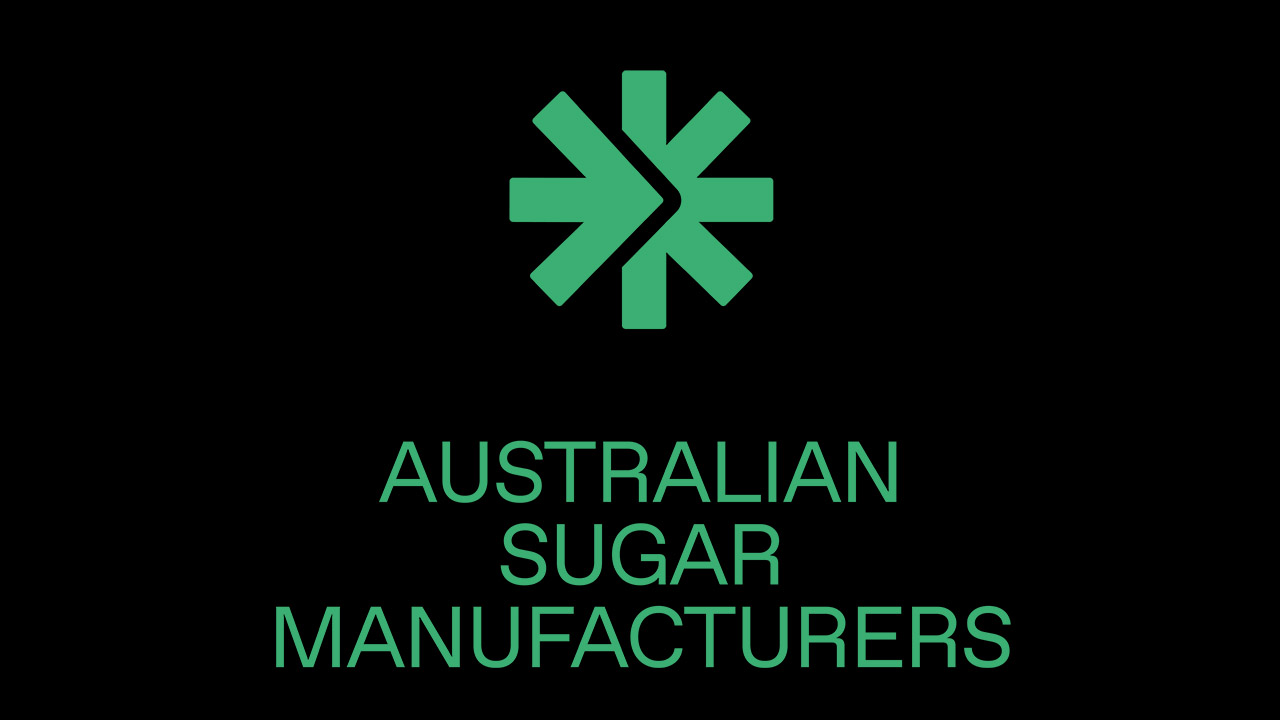
 ASM-MEDIA-RELEASE-NATIONAL-ETHANOL-MANDATE.pdf
ASM-MEDIA-RELEASE-NATIONAL-ETHANOL-MANDATE.pdf